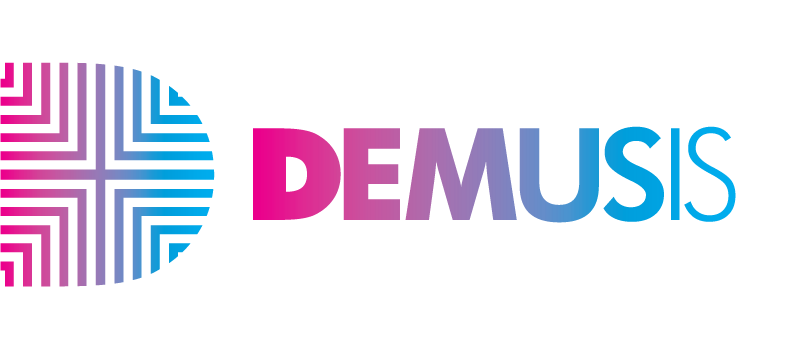In October, students have been enrolled to modernized study programs at national HMEIs, thus completing the first activity in WP 4 – Implementation of reformed and new study programs. Current study programs are reformed by embedding the digital competences and entrepreneurial skills into the competence sets of music graduates at various levels. Furthermore, new compulsory and elective courses were introduced to study programs at P1-P3. Previously, all curricular changes were adopted by relevant institutional bodies. They also aim to cause the mindset change enabling students to adopt entrepreneurial approach and learn not only how to use current digital technologies in their main field, but also how to be a life-long learners in contemporary environment.
Modernization of study programs was put in effect to include digital competencies, entrepreneurial skills and social engagement of professional musicians into the syllabi and topics of compulsory and elective courses at undergraduate and graduate level of studies at national academic partner institutions. The results of previously conducted student and teacher surveys (as WP1 activity) were strongly taken into account in shaping the new and modernized syllabi and topics.
In the scope of WP 4.1 Modernization of current study programs, national academic partner institutions expended study program curricula by introducing new courses aiming at developing digital and entrepreneurial skills and social awareness in music students. Thus, the following new courses at all study programs are launched at the Faculty of Music – University of Arts in Belgrade (P1): Introduction to digital notation for students of all study programs, Basics of working with Digital Audio Workstation – DAW, Contemporary notation and advanced digital notography, Introduction to project planning and music entrepreneurship and Basics of digital literacy for musicians. Academy of Arts – University of Novi Sad (P2) introduced new course as elective to the master study program Music and Media, Musicology and Ethnomusicology, and compulsory in Music production master study program. Furthermore, as of 2019/20, the course Basics of entrepreneurship in music is compulsory subject at master studies of Music production. P3 developed and introduced the following new courses in compliance with project objectives: Basics of music entrepreneurship, as an elective at bachelor studies of Music theory and pedagogy, Music Performance and Music in media, and Music in digital environment at Music theory and pedagogy and Music performance study programs.
In order to comply previously accredited study programs with project objectives, the national HMEI organization of work and current tendencies in music art and research, study programs at three national academic partner institutions were modernized by making changes in existing curricula. Thus, P1 has introduced changes in 97 courses at all levels of study, namely: Ethnochoreology, World dances, Introduction to Ethnomusicology, Basics of research methodology, Ethnomusicology teaching methods, Traditional singing methods, Ethnomusicology: method, theory, approach, History of music, Methodology of research/master thesis, National history of music – Music in Serbia at the turn of the 19th and beginning of 20th century, History of music – Baroque, History of Music – Ancient music, Introduction to Musicology, Writing the research and theory paper, History of music seminar paper, National history of music seminar paper, Applied aesthetics and sciences on arts, Introduction to the applied aesthetics, sciences and theories on arts, Music forms analysis, Music styles analysis, Vocal music analysis, History of Music Theory, Counterpoint, Music forms, Introduction to music theory and analysis, Music form analysis seminar paper, Solfeggio teaching methods, Principles of solfeggio teaching methods, Practical solfeggio teaching methods, Methods of music teaching in elementary schools, Practical methods of general music education, Children music ensembles, Didactic music games for elementary school, Musical: Guidelines in Teaching and Performance, Improvisation – voice and piano, Concert practice, Arranging, Harmony, Compositional aspects of pop music, Practicum in stylistic composing and improvisation, Vocal counterpoint, Instrumental counterpoint, Methods in harmony, music forms and counterpoint teaching, Music Analysis, Music Forms, Essays in impressionism harmony.
P2 has reformed courses Chamber music and Orchestral parts at bachelor and master level of Music performance study program introducing digital resources to teaching process.
Similarly, existing similar course at P3 Music in Media study program – Music in Digital Environment has been redefined for the purpose of the project, by introducing and advancing skills and knowledge on practical use of computer in music, such as (self)recordings, editing, digitalization of the recording, MIDI controllers of virtual instruments and DAWs.
